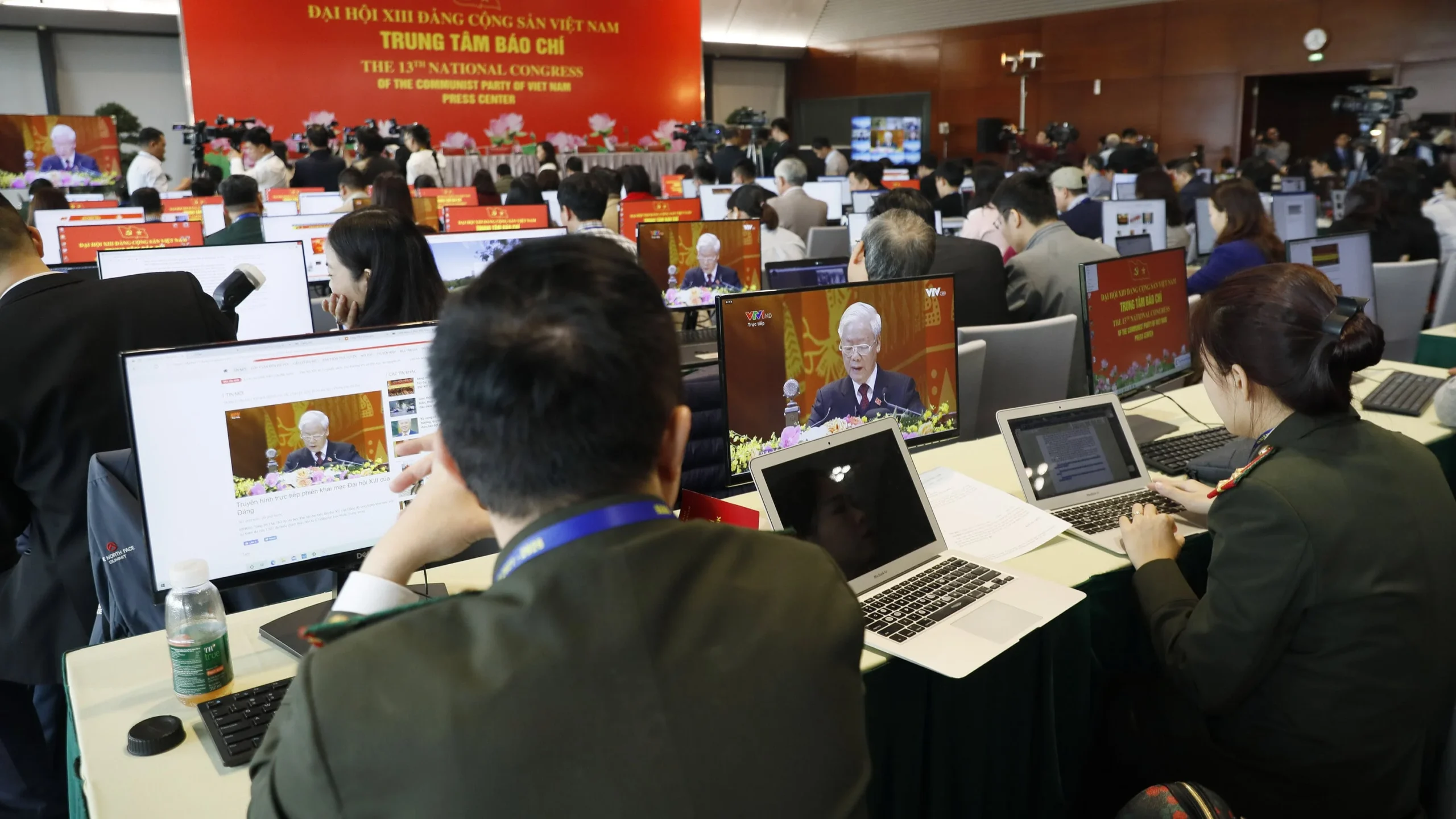In a move that has sparked concerns over freedom of expression, Vietnam has recently arrested several social media users for allegedly making ‘slanderous remarks’ online. This development underscores the government’s ongoing efforts to control the narrative in digital spaces, raising questions about the balance between maintaining social order and respecting individual rights.
The Crackdown on Online Dissent
Vietnam’s government has long maintained strict control over media and public discourse, but the rise of social media has presented new challenges. Platforms like Facebook, YouTube, and Twitter have become popular outlets for citizens to express their opinions and share information. However, the government views some of this online activity as a threat to national security and social stability.
The recent arrests were part of a broader crackdown on what authorities describe as “misinformation” and “defamatory” content. The individuals detained are accused of posting or sharing content that allegedly tarnishes the reputation of state officials and institutions.
Legal Framework and Justifications
The arrests are being carried out under Vietnam’s cybersecurity law, which came into effect in 2019. This law grants authorities broad powers to monitor and regulate online activities, requiring tech companies to store user data locally and remove content deemed harmful by the government.
Officials argue that these measures are necessary to prevent the spread of false information, protect national security, and maintain public order. They assert that slanderous remarks can incite unrest and undermine trust in the government, justifying the need for stringent controls.
Impact on Free Speech
Critics, however, argue that the crackdown represents a serious infringement on free speech and a violation of human rights. Human rights organizations and advocacy groups have condemned the arrests, highlighting the chilling effect such actions can have on public discourse.
By arresting individuals for their online expressions, the government sends a clear message that dissent will not be tolerated, potentially stifling legitimate criticism and debate. This atmosphere of fear can discourage citizens from speaking out, leading to a more controlled and less vibrant public sphere.
International Reactions
The international community has reacted with concern to Vietnam’s actions. Several human rights organizations, including Amnesty International and Human Rights Watch, have called for the release of those detained and urged the Vietnamese government to respect freedom of expression.
Foreign governments and international bodies have also expressed unease, noting that such actions could affect Vietnam’s standing on the global stage. They have called for greater transparency and adherence to international human rights standards.
The Role of Social Media Platforms
The crackdown places social media companies operating in Vietnam in a challenging position. While they are under pressure from the government to comply with local laws, they also face criticism from global stakeholders who advocate for free expression.
Platforms like Facebook and YouTube have faced demands from Vietnamese authorities to remove content and provide user data. How these companies navigate these demands will be crucial in determining the future of online freedom in Vietnam.
Future Outlook
As Vietnam continues to navigate its relationship with digital expression, the tension between government control and individual freedoms is likely to persist. The outcome will depend on various factors, including public pushback, international pressure, and the evolving role of technology in society.
Efforts to promote digital literacy and advocate for human rights will be essential in ensuring that the internet remains a space for free expression and diverse opinions. Balancing national security concerns with the rights of citizens will be a critical challenge for Vietnam in the coming years.
Conclusion
The arrest of social media users for ‘slanderous remarks’ in Vietnam highlights the country’s struggle to manage the growing influence of digital platforms. While the government emphasizes the need for order and security, critics warn of the dangers of suppressing free speech. As the world watches, Vietnam’s approach to online dissent will serve as a crucial test of its commitment to human rights and democratic principles.










